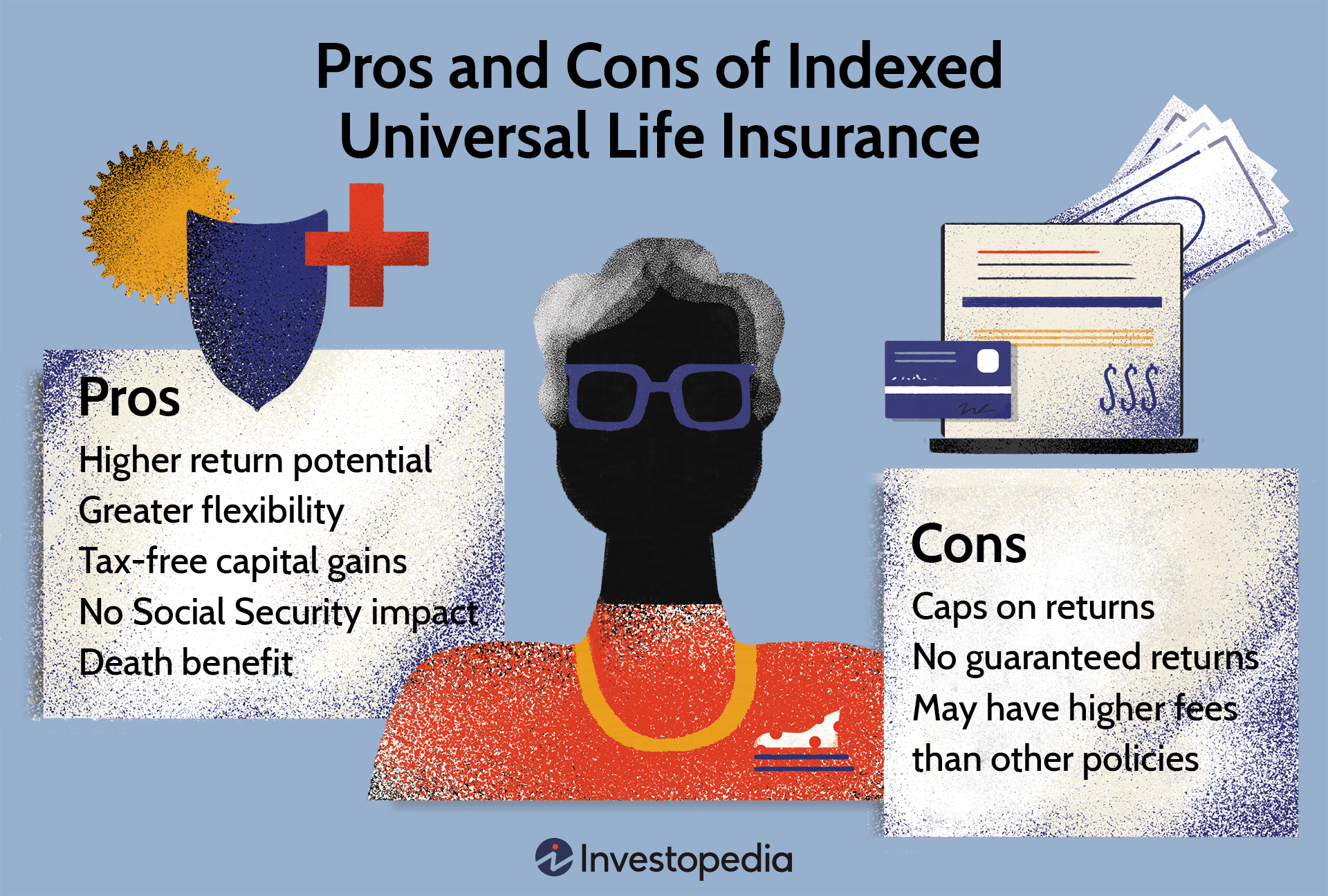In the realm of estate planning and wealth transfer, life insurance often plays a pivotal role. However, understanding the intricacies of how life insurance integrates with inheritance can be a complex maze. The burning question that frequently arises is: Is life insurance considered inheritance? The answer, like many aspects of financial planning, is not a straightforward yes or no. Instead, it depends on various factors and circumstances surrounding the life insurance policy and the beneficiary designations.
The Beneficiary Conundrum
One of the key determinants of whether life insurance is considered inheritance lies in the designated beneficiaries. When a policyholder names specific individuals as beneficiaries, the life insurance proceeds typically bypass the estate and go directly to those named beneficiaries upon the insured’s death. In this scenario, the life insurance payout is not considered part of the inheritance, as it does not pass through the probate process or become subject to the instructions outlined in a will.
However, if the policyholder fails to name beneficiaries or if all named beneficiaries predecease the insured, the life insurance proceeds may become part of the decedent’s estate. In such cases, the death benefit is treated as an asset and is subject to the distribution guidelines set forth in the will or governed by state laws of intestacy if there is no valid will.
The Estate Labyrinth
When life insurance proceeds become part of the estate, they are subject to the same rules and regulations as other assets. This means that the death benefit may be subject to estate taxes if the total value of the estate exceeds the applicable federal or state estate tax exemption thresholds. Additionally, the life insurance payout will need to go through the probate process, which can be time-consuming and potentially costly, depending on the complexity of the estate.
It’s important to note that if the life insurance proceeds are paid directly to named beneficiaries, they are generally exempt from estate taxes and probate, making the distribution process smoother and more efficient for the beneficiaries.
The Trust Advantage
To circumvent the potential pitfalls of having life insurance proceeds become part of the estate, many individuals choose to establish an irrevocable life insurance trust (ILIT). In this arrangement, the trust is named as the beneficiary of the life insurance policy, effectively removing the death benefit from the insured’s taxable estate. The trust then holds and manages the life insurance proceeds according to the instructions outlined in the trust document, providing greater control over how and when the beneficiaries receive the funds.
Navigating the Inheritance Maze
Determining whether life insurance is considered inheritance can be a complex endeavor, requiring careful consideration of various factors, such as:
- Beneficiary designations
- The total value of the estate
- Applicable federal and state tax laws
- The existence of a trust or other estate planning vehicles
To navigate this intricate maze effectively, it is crucial to consult with qualified professionals, such as estate planning attorneys, certified public accountants (CPAs), and financial advisors. These experts can provide valuable guidance and help you structure your life insurance policies and estate plan in a way that aligns with your specific goals and minimizes potential tax implications.
The Bottom Line
Life insurance can be a powerful tool for wealth transfer and legacy planning, but understanding its role in the inheritance process is essential. By carefully considering beneficiary designations, estate planning strategies, and the potential tax implications, you can ensure that your life insurance proceeds are distributed according to your wishes and provide the intended financial security for your loved ones. Seeking professional guidance and regularly reviewing your estate plan can help you navigate the complexities of life insurance inheritance and ensure that your legacy is preserved for generations to come.
What if you Inherit Life Insurance Proceeds? What to Do if You’re a Life Insurance beneficiary?
FAQ
Is money from a life insurance considered an inheritance?
Is life insurance subject to inheritance?
Is life insurance considered part of the estate?
Do beneficiaries pay taxes on life insurance?

